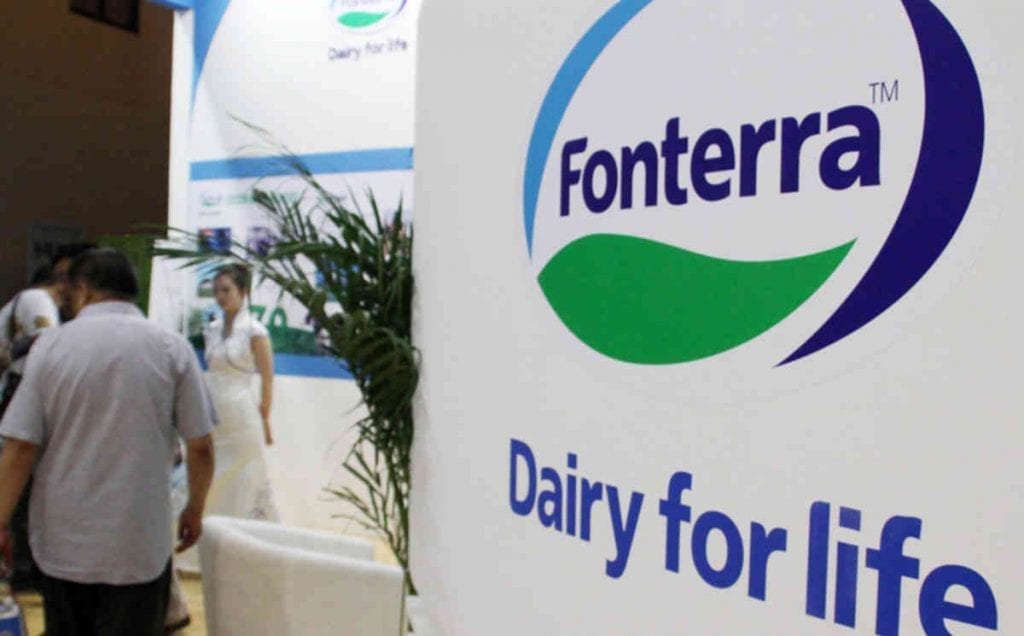
Fonterra said it had worked with DSM, a global nutrition and bioscience company, since 2019 to speed up the making of proteins with dairy-like properties using precision fermentation. The partnership had already created intellectual property and filed patents, the statement said.
Jonathan Boswell, program leader for complementary Nutrition at Fonterra said the patents were confidential because they were not in the public domain yet. Dairy nutrition would remain Fonterra’s core strength, the company said.
But the food preferences of some consumers were changing to non-animal products. New technologies had a place alongside dairy, the company said. There would be a role for both dairy and other sources of nutrition to feed the world’s growing population, the company said.
Food scientist Anna Benny, who researched how precision fermentation would disrupt the dairy market, said most milk produced in New Zealand was dried to make whole milk powder. This was sold as a commodity and acted as an ingredient in everything from yoghurt drinks to ingredients in the medicine.
Benny said the million-dollar question was what would happen to the milk price and to farmers when whole milk powder could be replaced by products made by using precision fermentation.
“People are still investing in farms and [farm-related businesses] that will not pay back in the next seven to 10 years. All the signals we are getting from industry players and the government is that milk is selling well and that dairy farmers are propping up the economy. It will be catastrophic for the economy if milk powder fails,” Benny said.
New Zealand’s current reliance on whole milk powder meant it was overexposed to such risks. There were not enough signals from the government and the industry that the dairy industry was at risk, Benny said.
Once companies were able to copy whole milk powder through precision fermentation, could make it on a large scale, and its price was similar or lower than whole milk powder from dairy, then there would be a tipping point, Benny said.
She said Fonterra’s partnership was similar to companies overseas.
In the United States, Perfect Day, which manufactured animal-free dairy alternatives, was working with ADM, she said.
Waikato dairy farmer Pete Morgan said at its core Fonterra was a food company. If it looked decades into the future, it would see precision fermentation was part of the answer to feeding a growing world population.
“The answer isn’t an us dairy and them other technologies, the answer will come from everybody. A company with a long-term focus would have to look at such technologies,” Morgan said.
Morgan said it was widely known that if the world was to have enough food to meet its nutritional requirements by 2050, the amount of food being produced would have to double.
Milk was important as a raw product, but Fonterra was not just about milk but had expertise in food manufacturing, intellectual property, supply chains and customers, Morgan said.
There would be farmers who struggled to understand why Fonterra made this move, he said, but he believed Fonterra had a long-term view.
There was disruption coming to the dairy market, and it was better to head into that disruption with knowledge, than to wake up one day and have fallen behind, Morgan said.

